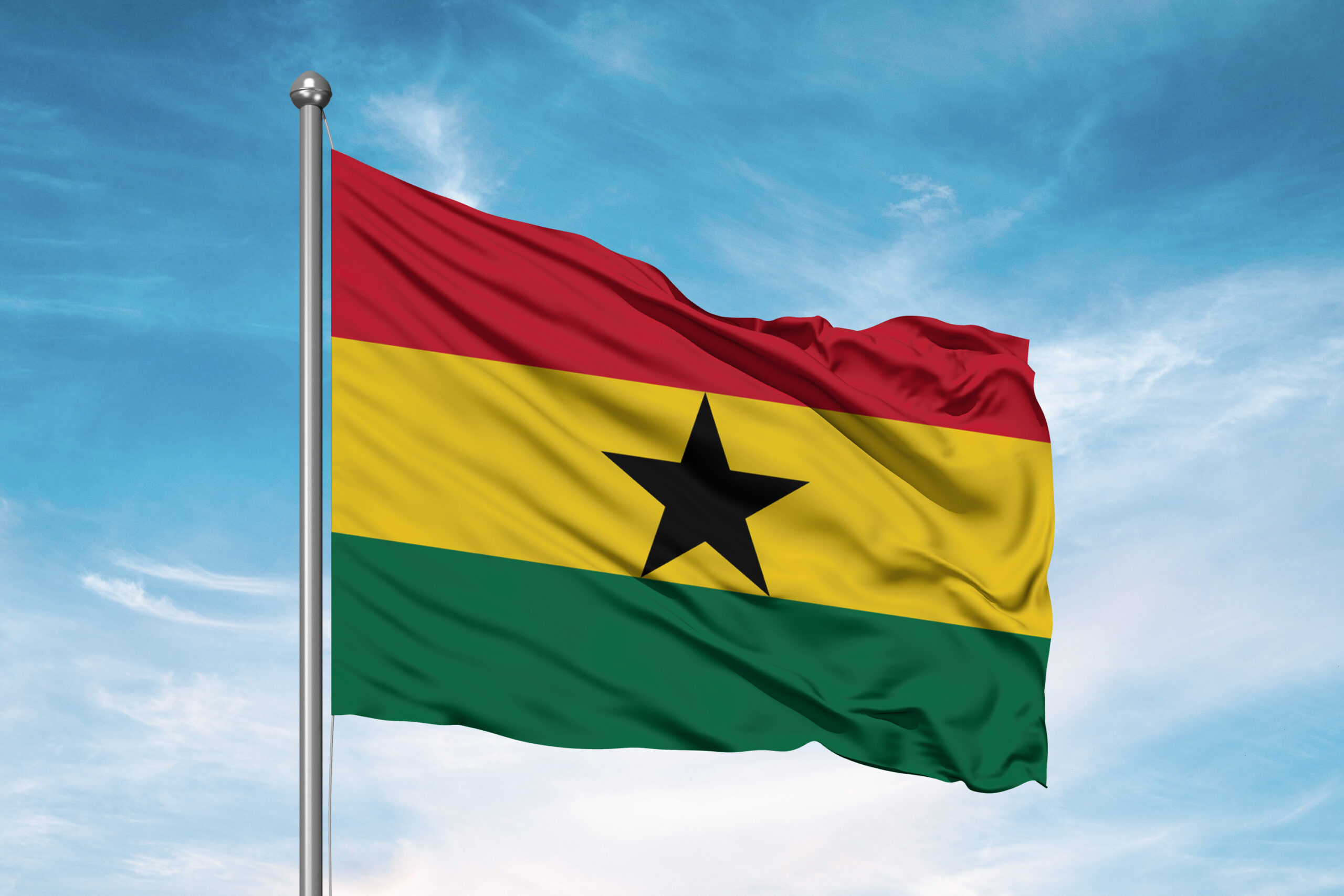Connect with us
Published
4 months agoon

While the U.S. looks at potentially rescheduling cannabis as a Schedule III drug and countries throughout Europe are beginning to make moves to legalize medical and recreational cannabis, an African country is pressing forward with cannabis reform as well.
Earlier in December, lawmakers in Ghana’s parliament voted to legalize the cultivation of cannabis for medical and industrial purposes, AfricaNews reports. The decision was made Dec. 14 and grants the Interior Minister authority to issue licenses, covering cannabis cultivation, processing, distribution sale, import and export.
However, the current licensing regulations come with strict THC regulations, limiting crop levels to 0.3% of the intoxicating cannabinoid on a dry weight basis—the same classification limit the U.S. currently uses to denote hemp from cannabis.
According to the report, experts say that so long as the budding industry is properly managed and regulated, it is set to help Ghana’s economic issues, specifically working to benefit the country’s employment sector. The decision is meant to lead to more opportunity in every region of the country and marks a pivotal next step for the country, working to align with the changing reform around the globe regarding cannabis laws.
The leader of the minority bench Kwame Governs Agbodza warned of the potential abuse of the law, underscoring its limitations and referencing potential concerns surrounding the mental health of Ghanans.
“None of you are talking about the potential for abuse, and how that can degenerate into mental health problems that we already have in this country,” Agbodza said. “Why are we pretending that this is going to solve our problem? Minister? Do you even know how many people in this country are smoking weed?”
Though Ghana’s leaders are broadly looking beyond personal use of cannabis, looking to harness the crop’s industrial potential and exploring its applications in fiber and as controlled growth seed.
Ghana’s recent move is similar to those of other neighboring countries. Lesotho, Malawi, Morocco, South Africa, Eswatini, Uganda, Zambia and Zimbabwe have also legalized medical cannabis and/or industrial hemp.
According to Ghana’s Minister of the Interior Ambrose Dery, cannabis with THC level of 0.3% or less is not currently cultivated within the country, though the ministry is in the process of facilitating the introduction of these crops.
Earlier this year, the South African National Assembly also approved a bill to legalize the personal use of cannabis, which had been in the works since 2018. Lawmakers emphasized that the measure would not permit for the lawful sale of cannabis; rather, adults would need to grow their own plants and they would only be allowed to consume it in their private residences.
Should the measure pass, it would set a precedent for adult-use cannabis on the continent, even with its specific restrictions.
In the most recent update to South Africa’s reform move, several hundred farmers received licenses to produce hemp in the KwaZulu-Natal province, with officials noting that the growers will receive special training in growing the crop. The KwaZulu-Natal Department of Agriculture and Rural Development granted a total of 664 licenses, allowing farmers to grow, store and transport crops with less than 0.2% THC, as reported by Hemp Today.
A 2022 report nodded to the continent’s emerging cannabis industry, saying that Africa’s reform efforts could lead to massive industry growth in the future. The report cites reform efforts, the growing international market and fading revenue from tobacco farmers, predicting that Africa’s legal cannabis market could be worth more than $7.1 billion USD by the end of 2023. As we approach the year’s end, it’s still unclear just how accurate that forecast is.
“From a financial standpoint, the 50+ states and territories which comprise Africa could reap significant rewards through the legalisation of cannabis with international demand offering a strong opportunity to unlock the potential value of Africa’s legally produced cannabis,” the report states.


Study Reveals State Cannabis Legalization Lowers Immigrant Deportation


DEA Challenges Bid To Use Psilocybin Under ‘Right To Try’ Legislation


Vegans Rejoice as Farmers Switch from Chickens to Hemp


Louisiana Legislative Committee Unanimously Passes Adult-Use Cannabis Framework Bill


Louisiana House Bill to Regulate Hemp Products Advances Along With Senate Bill to Ban


Cresco Labs Workers Reportedly De-Unionize
